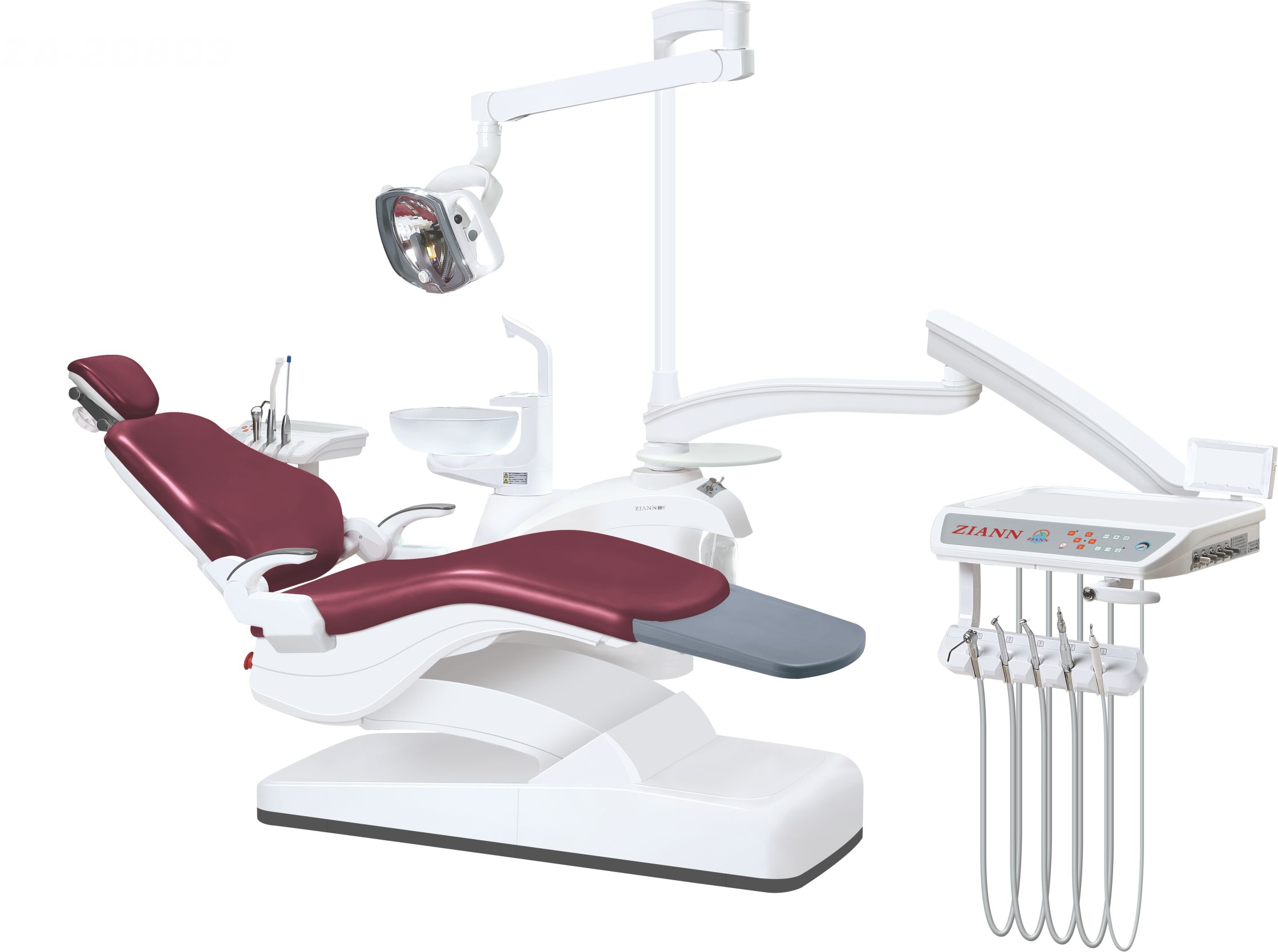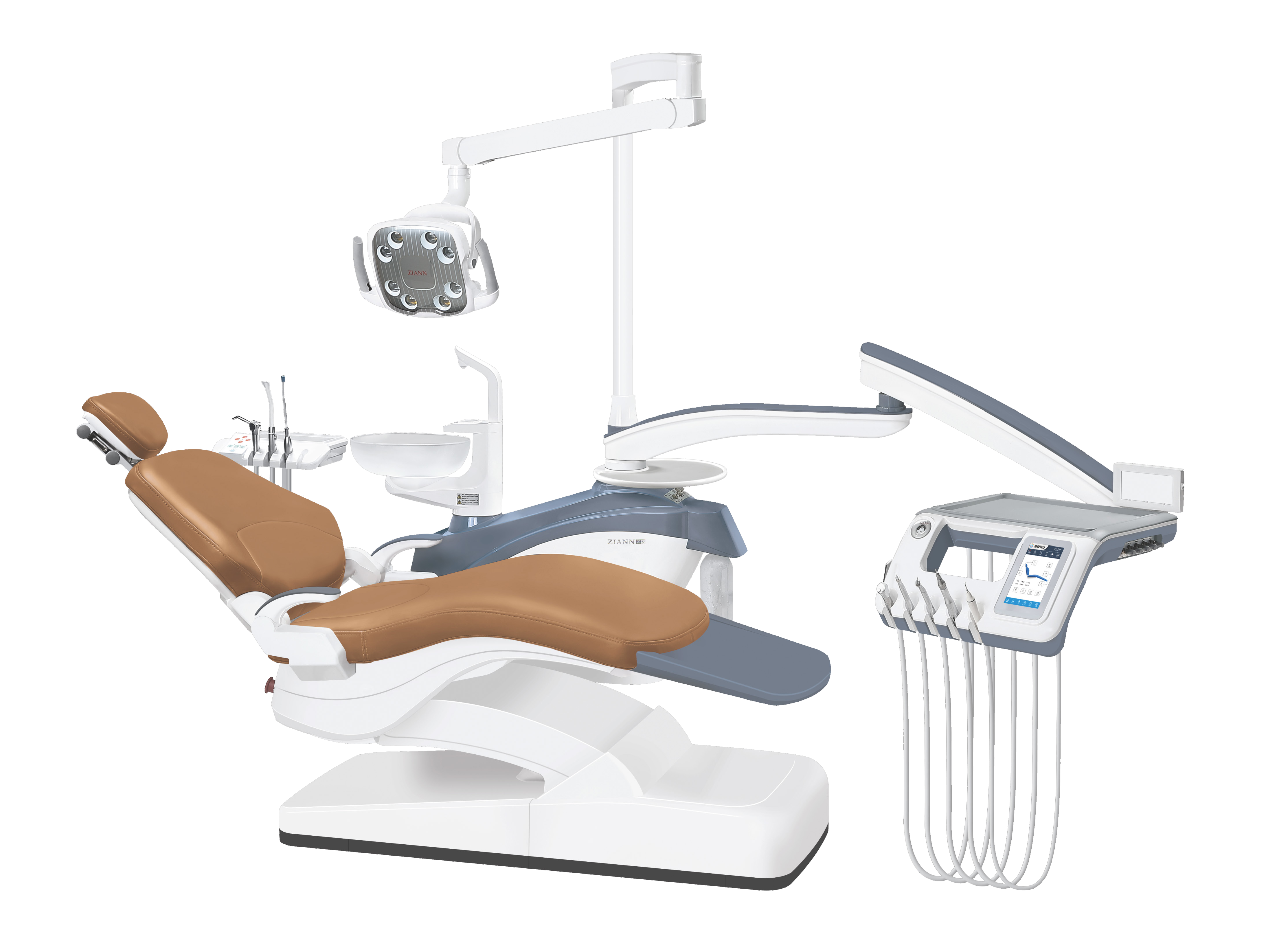Dental chairs are the cornerstone of a dental practice, serving as the primary hub where patients receive care and practitioners conduct treatments. These chairs are intricate systems designed to ensure patient comfort, accommodate various procedures, and enable dental professionals to deliver quality care. However, the significance of maintaining these chairs is often overlooked. In this post, the author would illustrate the importance of maintaining dental chairs.
Functionality of Dental Chairs
Dental chairs comprise numerous components, each playing a crucial role in patient care. The headrest, backrest, armrests, instrument delivery systems, and operator controls collectively contribute to the smooth functioning of procedures. These components not only impact patient comfort but also facilitate efficient treatments.
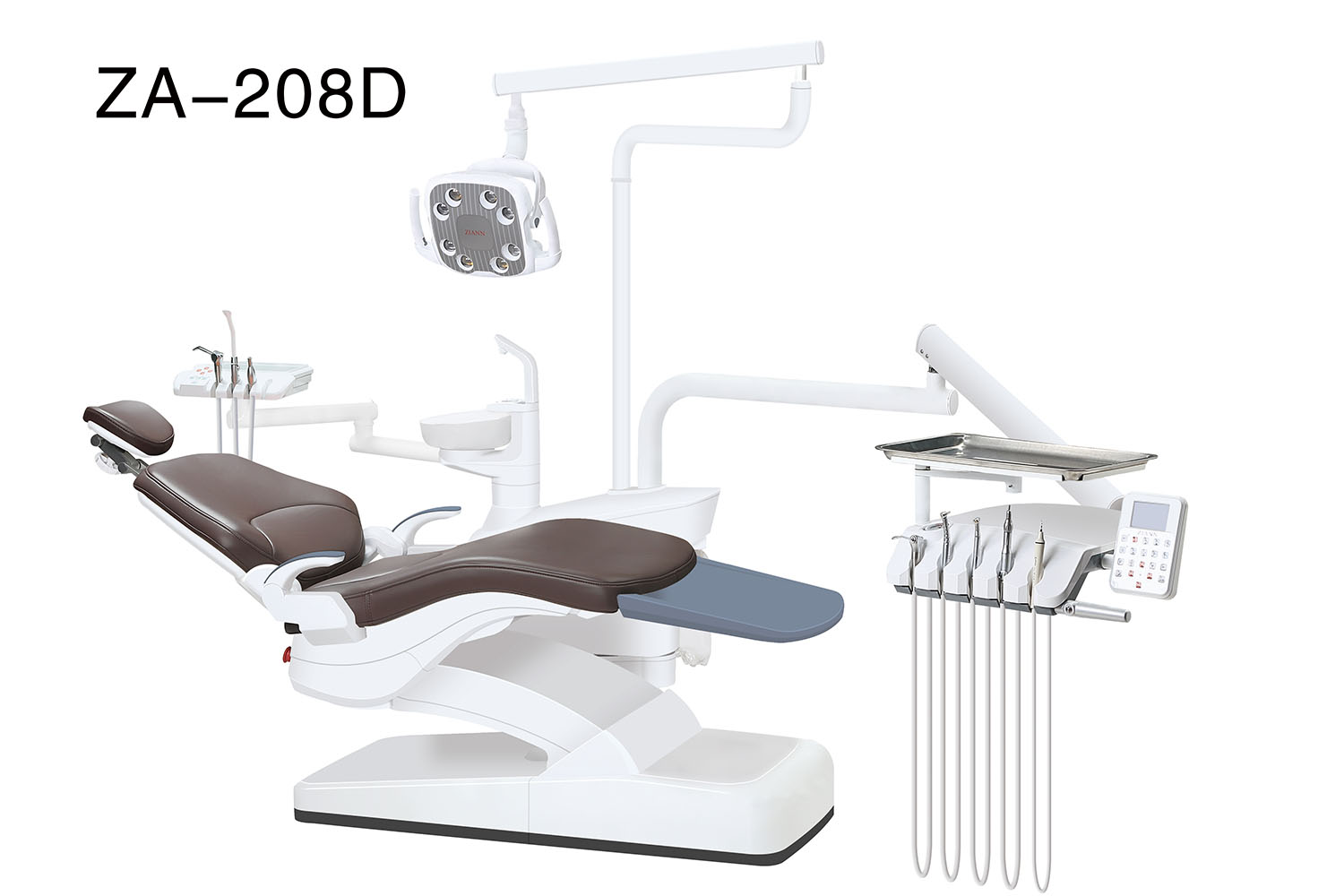
Importance of Maintenance
Regular maintenance of dental chairs is paramount for several reasons. Firstly, it ensures patient safety by preventing infections and cross-contamination. Rigorous cleaning and sterilization protocols mitigate health risks for both patients and practitioners.
Moreover, maintenance significantly extends the lifespan of equipment, reducing the need for frequent replacements and minimizing costs. Routine upkeep prevents wear and tear, enhancing the chair's durability and reliability during critical procedures. This not only safeguards patient safety but also maintains the quality of care delivered.
Risks of Neglecting Maintenance
Maintenance might seem like an ancillary concern, but the consequences of neglect can be severe, impacting both patient well-being and the practice's integrity.
●Health Hazards for Patients and Practitioners
The poor maintenance of dental chair causes the spread of infections and diseases. Without proper maintenance, dental chairs become breeding grounds for harmful pathogens. Each patient interaction brings the potential for cross-contamination. Bacteria, viruses, and other microorganisms can linger on surfaces, leading to the spread of infections. This poses a significant threat to both patients and practitioners.
Patients with compromised immune systems are particularly vulnerable, and practitioners might inadvertently carry these pathogens to other patients or even home, risking their own health.
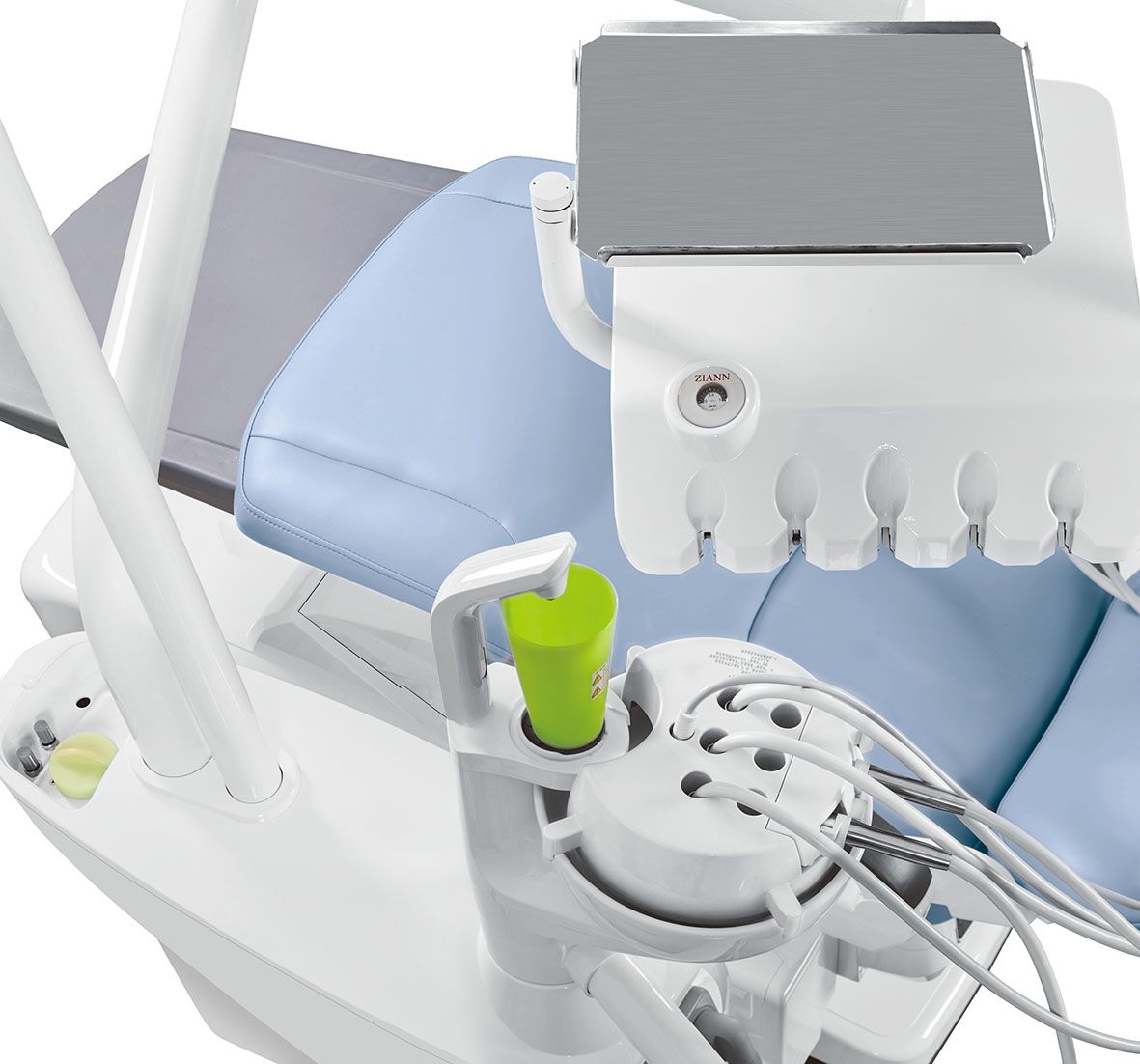
●Potential Malfunctions during Treatments
A poorly maintained dental chair might malfunction unexpectedly during procedures. Imagine a chair suddenly tilting backward or an instrument delivery system failing mid-treatment.
Not only does this disrupt the procedure, but it also poses risks to the patient's safety. Such malfunctions can lead to injuries, discomfort, or complications, undermining the trust patients have in the practice.
●Financial Implications
Neglecting maintenance often results in emergencies that require immediate repairs. These unplanned breakdowns can be costly.
Service visits during off-hours or urgent replacement of essential parts can significantly inflate the expenses. It's not just about the repair bills but also the potential loss of revenue due to canceled appointments or delayed treatments.
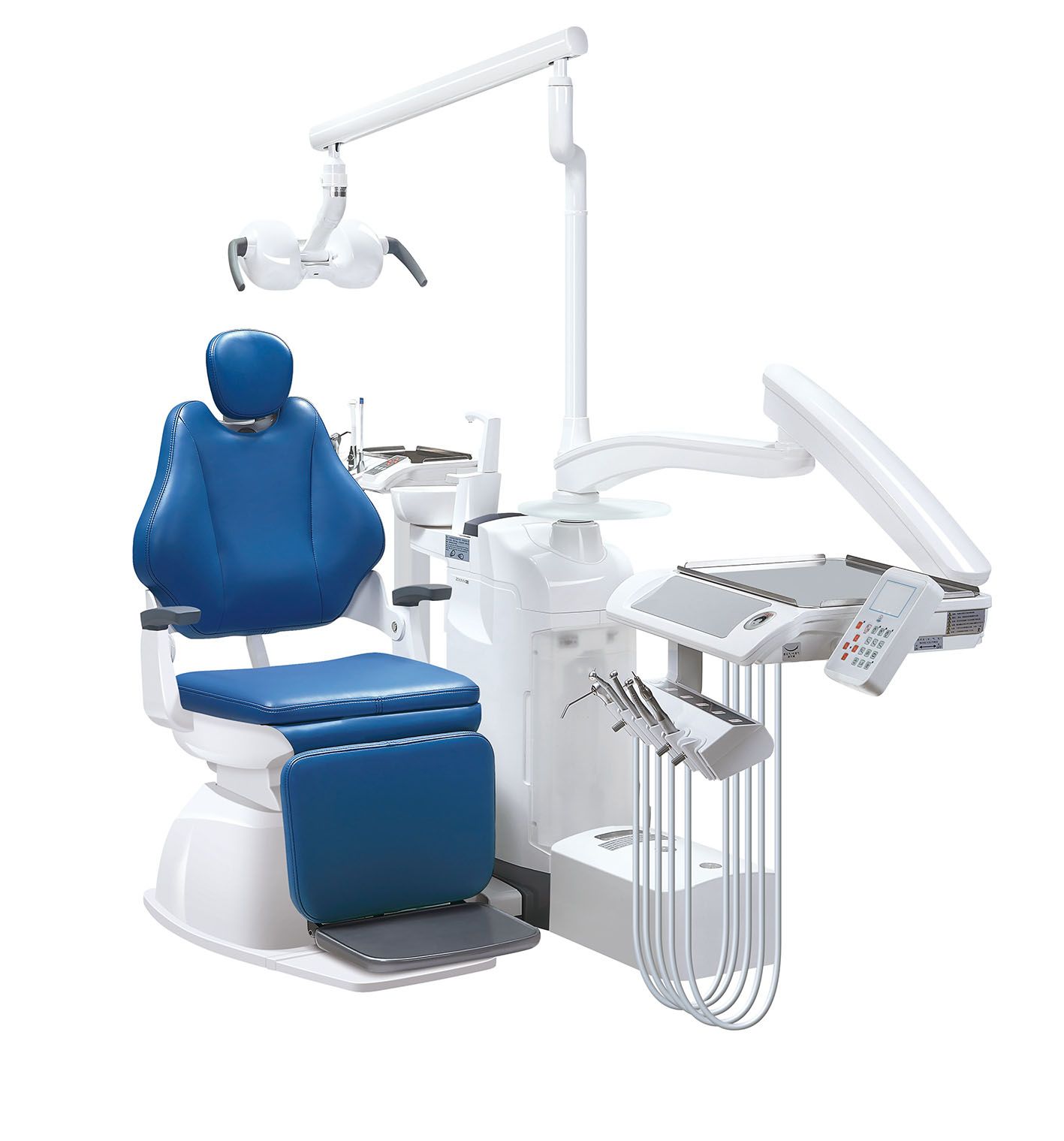
●Impact on the Dental Practice's Reputation
Patient perception is crucial in the healthcare industry. A dental practice known for its malfunctioning equipment or a history of infections linked to its chairs can suffer irreparable damage to its reputation.
Word spreads quickly, especially with online reviews and social media. Patients seek care in environments they trust; a compromised reputation can lead to a loss of patient trust and a decline in clientele.
Conclusion
Finally, the maintenance of dental chairs is a critical aspect of ensuring patient safety, practitioner efficiency, and cost-effectiveness in dental practices. By prioritizing regular maintenance, dental professionals not only uphold the highest standards of patient care but also safeguard their practice's reputation and financial stability. Dental practices must recognize the significance of maintaining these integral pieces of equipment.



